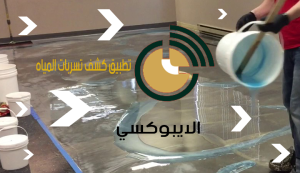
Advantages of epoxy for insulating tanks
Epoxy is a commonly used material for tank insulation due to its exceptional thermal and chemical properties. This material has become increasingly popular in recent years due to its high heat and chemical resistance, low thermal conductivity, and excellent adhesion properties. This article will explore the advantages of using epoxy to insulate tanks, including its benefits, chemical properties, different types of epoxy insulation, and the application process. Epoxy is a polymer consisting of two main components: a resin and a hardener. When these two are mixed Together, they form a strong, durable material that is resistant to heat, chemicals, and weathering. Epoxy has high heat and chemical resistance, making it an ideal insulator for tanks that store corrosive materials or operate at high temperatures. In addition, epoxy has low thermal conductivity, which means it can effectively reduce heat transfer between the tank and its surroundings. Finally, epoxy has excellent adhesive properties, meaning it can adhere tightly to the tank surface, providing a safe, long-lasting insulating solution.





